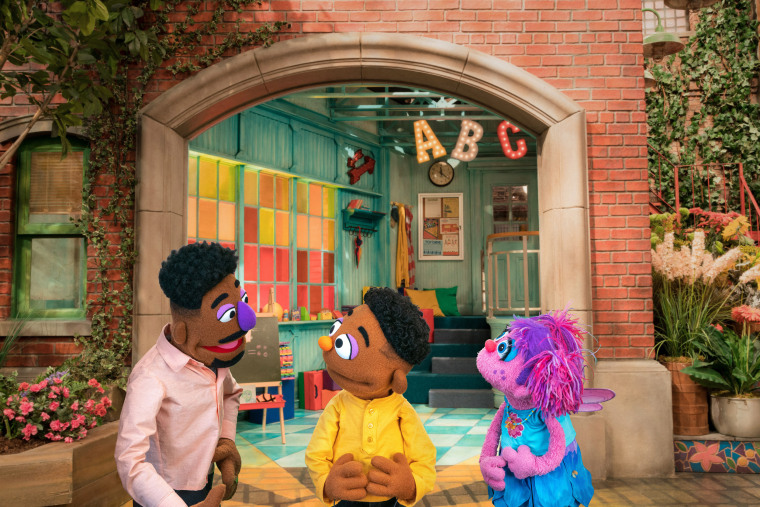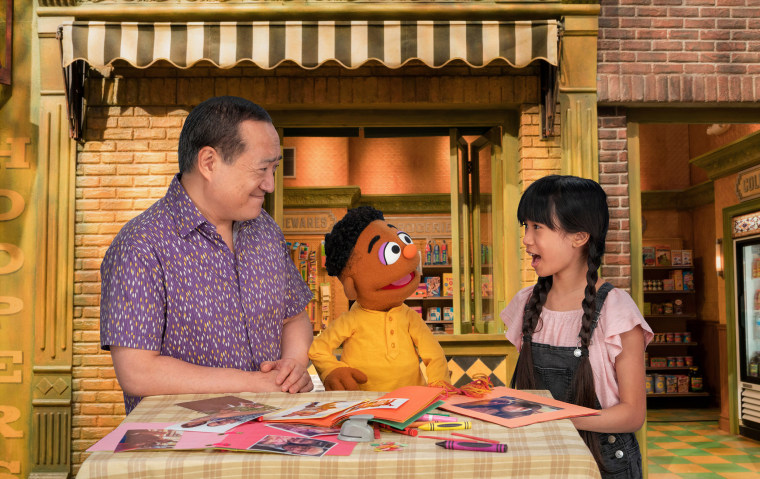Sesame Workshop, the nonprofit educational organization behind "Sesame Street," recently released a video focused on the experiences of Asian American children as part of an ongoing initiative to help families have honest conversations about race.
In “Proud of Your Eyes,” the characters Wes and Alan help their friend Analyn, who is Filipino American, after she was teased about the shape of her eyes. They sing a song together about how their eyes are beautiful and how eyes can tell the story of their family. The video is part of Sesame Workshop's program "The ABCs of Racial Literacy," which provides an educational curriculum on racial justice for young children.
The song includes lyrics such as, “Your eyes tell the story of your family. They show where you came from, and how you came to be. The color, the shape and the size should always make you proud of your eyes.”
According to a recent study conducted by Sesame Workshop, 86 percent of children say they believe people of different races aren't always treated fairly, and parents reported that close to half of these children had personally experienced some form of discrimination.

Sesame Workshop also released online articles, guides and activities to help families continue the conversation about combating racism. The new resources were created with guidance from the Coalition for Asian American Children and Families along with several other racial equity groups.
"The reality is that many children grow up experiencing racism, including Asian American children who for years have reported high levels of racial harassment — a number exacerbated by heightened xenophobia and scapegoating during the COVID-19 pandemic," Anita Gundanna and Vanessa Leung, co-executive directors of the Coalition for Asian American Children and Families, said in a statement. "With a long history of building trust with families, Sesame Workshop is the ideal organization to engage parents and caregivers in critical conversations with their little ones, help families cope with the harms of racism, and help build solidarity among communities."
“Having open conversations with children about race and racism is critical, not only for building understanding and empathy but also for beginning the healing process for children who experience racism,” Gundanna and Leung, who served as advisers on the new Sesame Workshop resources, said.
Alan Muraoka, the Japanese American actor who has played Alan, the owner of Hooper’s Store, on "Sesame Street" since 1998, assisted in creating storylines centered around diversity and discrimination on the show. Last year, he co-directed a special on racism entitled “The Power of We.”
“To be able to see so many different types of people represented is super important," Muraoka said in an interview with NBC's "TODAY" show in 2019. “So for me, being Japanese American, you know, to be sort of the Asian American representation on the show is so important, and I've had so many Asian American parents come up and say how much that meant to them. But I feel like I’m just another person in this beautiful fabric that we've woven and created.”
